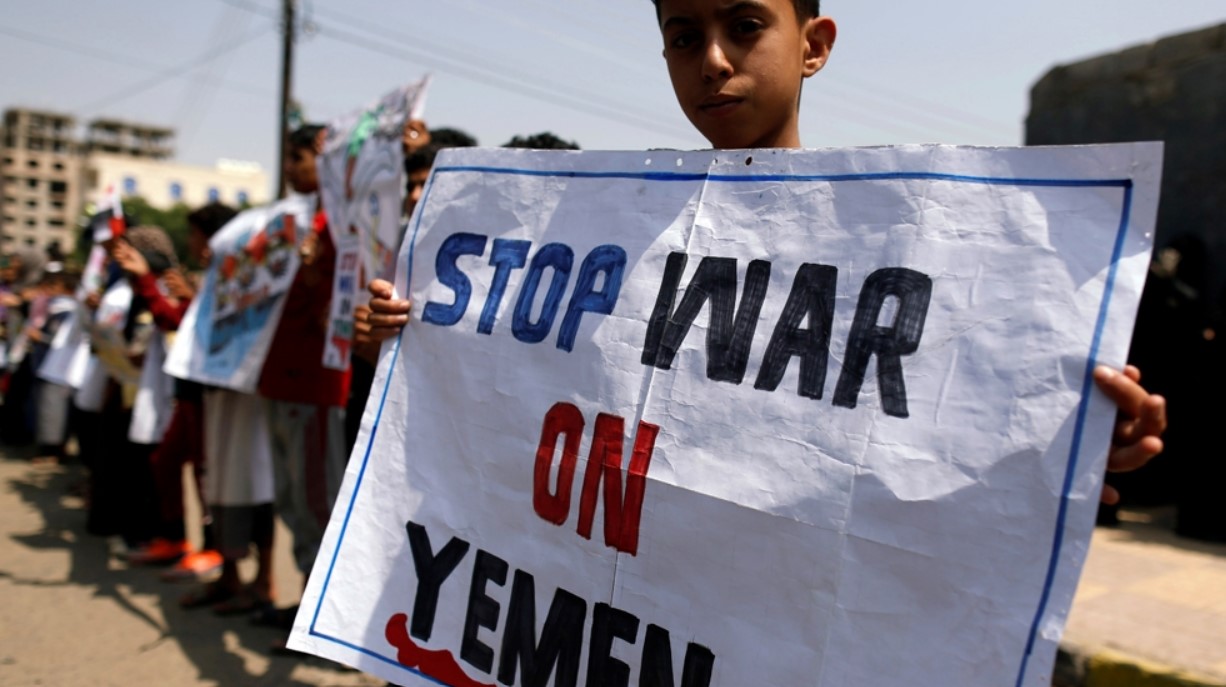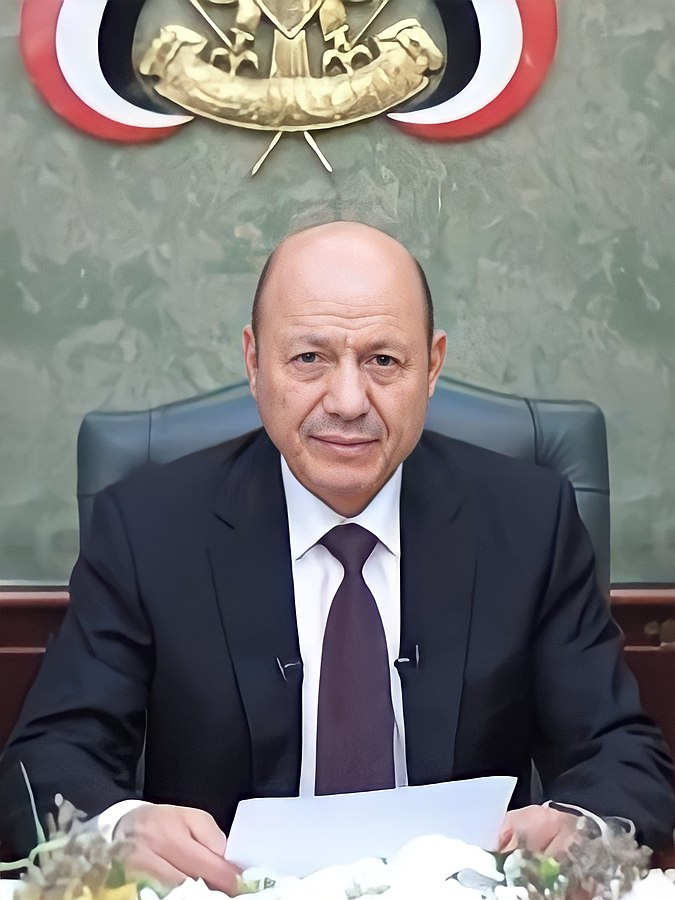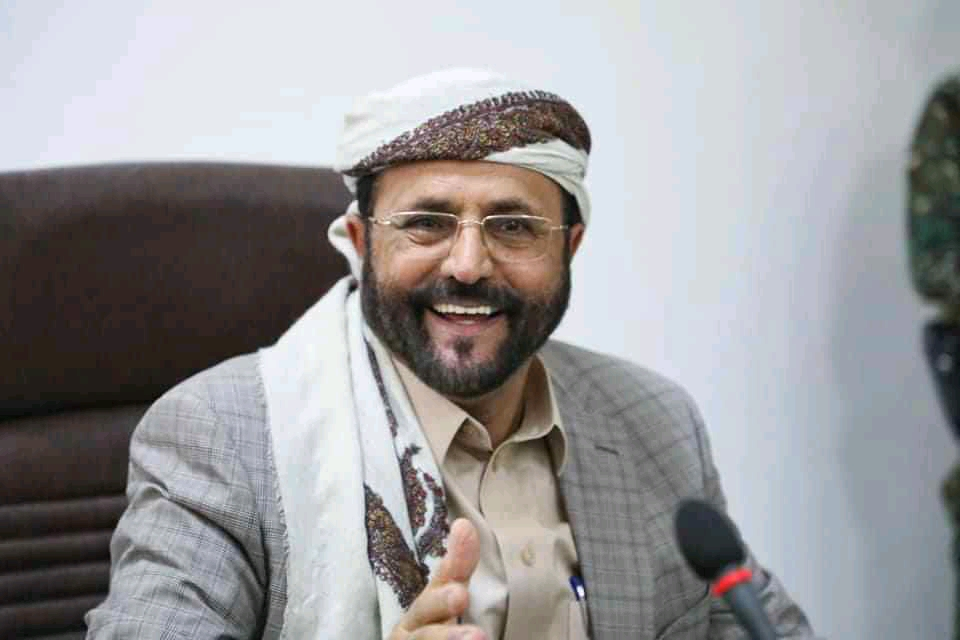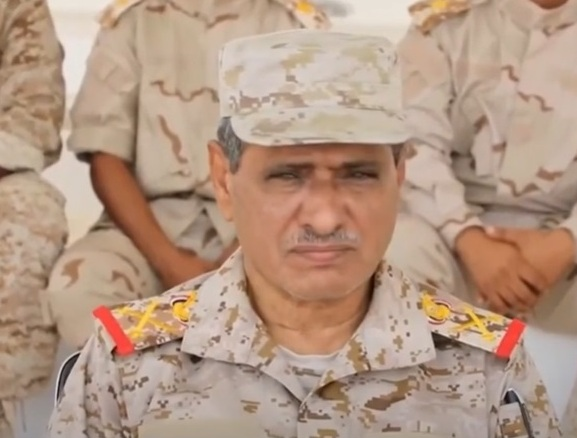-
The Truce in Yemen Holds as Air and Drone Strikes Fall by 78%

The truce in Yemen has held firm and has been extended despite accusations of violations by all sides. The warring parties have met every month since April of this year, and they met in early August to extend the truce in Yemen for two more months. According to the Armed Conflict Location & Event Data Project in partnership with the Yemen Data Project, the air and drone strikes have fallen by 78% compared to the airstrikes conducted two months before the truce. The Armed Conflict Location & Event Data Project recorded an average of forty Saudi airstrikes on Yemen per week and four Houthi drone missile attacks on Saudi Arabia per week before the truce in April of this year.
“The most salient change in political violence patterns induced by the truce is the drastic decrease in air and drone strike events. Over the first two months of the truce, air and drone strike events decreased by 78% compared to the two months prior and by 61% compared to the same period last year.” – (ACELD)
The Presidential Leadership Council was formed for Yemen after 3 hours of closed-door meetings at the Royal Palace in Saudi Arabia led to Abdrabbuh Mansur Hadi relinquishing power to the eight-member Presidential Leadership Council. The PLC immediately moved to negotiate peace talks with the Houthis, who together brought the people of Yemen their most peaceful month since the war began in 2014. The International Community has congratulated the PLC for brokering the peace deal in Yemen, but why did it take so long for Hadi to step down? Why did the international community spend eight years propping up a weak and incompetent leader while 377,000 Yemenis lost their lives? The PLC has considerably more power in Yemen than Abdrabbuh Mansur Hadi ever had during his presidency in Yemen. The reason the PLC has so much power in Yemen is because of the eight people who make up the council.

The chairman of the Presidential Leadership Council is Rashad al-Alimi, who has lived in Saudi Arabia since 2015 and is a former advisor to Abdrabbuh Mansur Hadi. The majority of people in Yemen see Rashad al-Alimi as a Saudi loyalist and U.S puppet, accusing him of assisting the GCC in the war.

Tareq Saleh is another influential member of the PLC because he is the nephew of former president Ali Abdullah Saleh. Tareq Saleh fought alongside the Houthis in the Houthi-Saleh alliance when the war in Yemen first started in 2014. In 2017, former president Ali Abdullah Saleh was assassinated by a Houthi sniper, and it was believed that Tareq Saleh was assassinated as well until he resurfaced in the oil-rich Hadi stronghold of Shabwa in 2018. Tareq Saleh is an elite military commander leading the National Resistance Forces. The National Resistance in Yemen consists of 10,000 former members of the Central Security Agency and the Republican Guard of Yemen. The National Resistance is heavily supported by the United Arab Emirates and has proven to be a powerful fighting force in the war.

Sultan Ali al-Arada is another prominent member of the Presidential Leadership Council because he is considered one of the most influential tribal and military leaders in Yemen and is the Governor of the oil-rich province of Marib. Sultan Ali al-Arada proved his importance to Saudi Arabia and the international community by defending Marib from attacks by the Houthis and Al-Qaeda. Sultan Ali al-Arada is a member of the Al-Islah party, a Safalistic ideological group created in Saudi Arabia in 1990. The Al-Islah party is affiliated with the Muslim Brotherhood. Bahrain, Russia, Syria, Egypt, the United Arab Emirates, and Saudi Arabia have the Muslim Brotherhood listed as a terrorist organization. In 2018 the Middle East Monitor reported that the United Arab Emirates was paying a mercenary group called Spear Operations Group 1.5 million dollars a month to carry out assassinations in Yemen of 26 Al-Islah Imams and political figures over two years. Spear Operations Group is owned and operated by former Israeli intelligence officer Abraham Golan, who openly admitted to Buzzfeed news that his group carried out these assassinations in Yemen of Al-Islah party Imams and political figures.

Faraj Salmin Al-Buhsani being appointed to the PLC confirms a pattern of the council being made up of influential figures from the oil- and gas-producing provinces of Yemen. Faraj Salmin Al-Buhsani was Governor of Hadhramaut from 2017 to July of this year, and Hadhramaut holds 80% of Yemen’s oil reserves. Faraj Salmin Al-Buhsani played a pivotal role in forcing Al-Qaeda out of Hadhramaut. When tensions in Yemen reached a boiling point in 2015, Total Energies shut down its oil and gas facilities and left Yemen. The abandonment of these facilities opened the door for AQAP to take control of the Balhalf facility, where they began selling oil on the black market. According to the U.S. Energy Information Administration Yemen has proven oil reserves of 3 billion barrels and 17 trillion cubic feet of natural gas reserves. Yemen has enough oil and gas reserves to fulfill its domestic need instead of importing oil from Saudi Arabia and exporting oil and gas for profit
In March of this year, the U.S. Special Envoy for Yemen Tim Lenderking and Chargé d’Affaires of the U.S. Embassy to Yemen Cathy Westley visited Yemen. The State Department’s official media briefing about Westley and Lenderking’s visit states that Westley and Lenderking met with the Governors of Hadhramaut, Mahra, and Shabwa. The State Department’s media briefing gives the impression that Westley and Lenderking met with the people of Yemen and saw the suffering of the Yemeni people, but they did not. They only met with the Governors of oil and gas producing provinces and officials from the French energy company Total Energies.



Login or Register to Leave a Comment